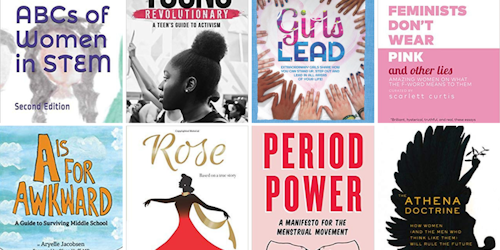Women in the Workplace
According to Zhilian Investigation Report on the Present Situation of Chinese Women’s Workplace in 2017, Chinese female workers earn 22% less than their male counterparts, 11.5% of women lose promotion opportunities during the marriage and child-bearing period, and 81% women have experienced, or are experiencing gender bias in the workplace.
According to Lean In China’s report, Women, Work, and Happiness: Impact of Women in the Workplace in a Digital Age, only 27.66% of women thought there were equal opportunities between men and women, compared to 56.50% of men who thought so.
In hard reaching places like the countryside and minority groups, girls at a younger age are suffering from son preference, meaning their parents wish they were boys, child marriage, teen pregnancy, lack of self-confidence, and many more challenges. According to data from UN Women China office, every 7.3 seconds, there is a woman abused at home, usually by her husband. 1 in every 3 women has experienced domestic violence, even though China has issued and enacted a law against domestic violence in 2016.
What Needs to Change?
But I personally think the most widespread challenge for girls in China is the unbalanced education based on traditional gender roles, which means girls don’t believe in themselves. Without that self-confidence, girls are confined to the world they are surrounded by and think that’s the only way girls can be – even with opportunities to change.
I’ve seen girls wearing pink dresses not because they want to, but because everyone else does. I’ve seen talented girls give up STEM just because there are not many girls in the field. There are too many girls being called ‘leftovers’, living in anxiety because her friends are all married or have children. There are too many moms struggling to keep up with their career while feeling guilty for not resigning from work as others do. There are too many ‘how others are living their lives’ affecting how girls really think. That is unfair, unbalanced, and unsustainable.
Maria Guimaraes, the Asia Pacific Regional Strategic Cooperation Expert of UN Women said women leadership is not a nice thing to have, but the only fundamental and sustainable way to drive the world change.
We need to create a girl-friendly and gender equal world for Chinese girls to be educated correctly – helping them find their inner strength to believe in themselves so they can lead their own lives and drive future social change.
为什么要在中国关倡导性别平等?
根据智联招聘发布的《2018中国女性职场现状调查报告》,中国女性整体收入低于男性22%,11.5%的女性因处在婚育阶段失去晋升机会,更有81%的女性曾在职场感受到性别偏见。
根据励媖中国发布的《女性、职业与幸福感:数字时代女性职场影响力》,当受访者被问到是否认为男女职场发展机会平等时,56.50%的男性表示肯定,而只有27.66%女性持此态度。








